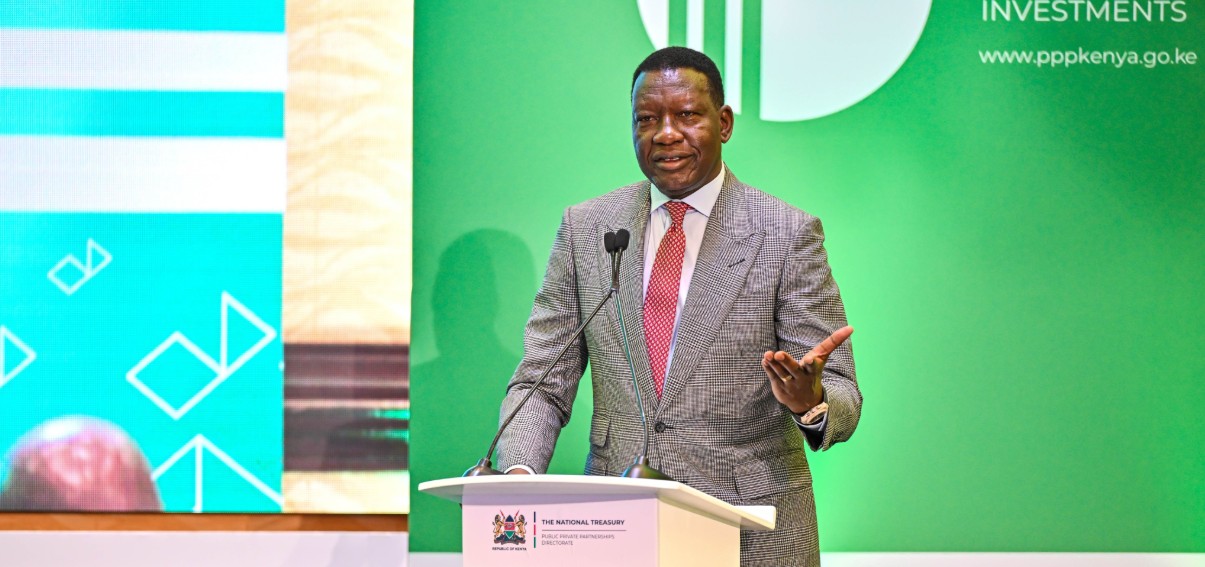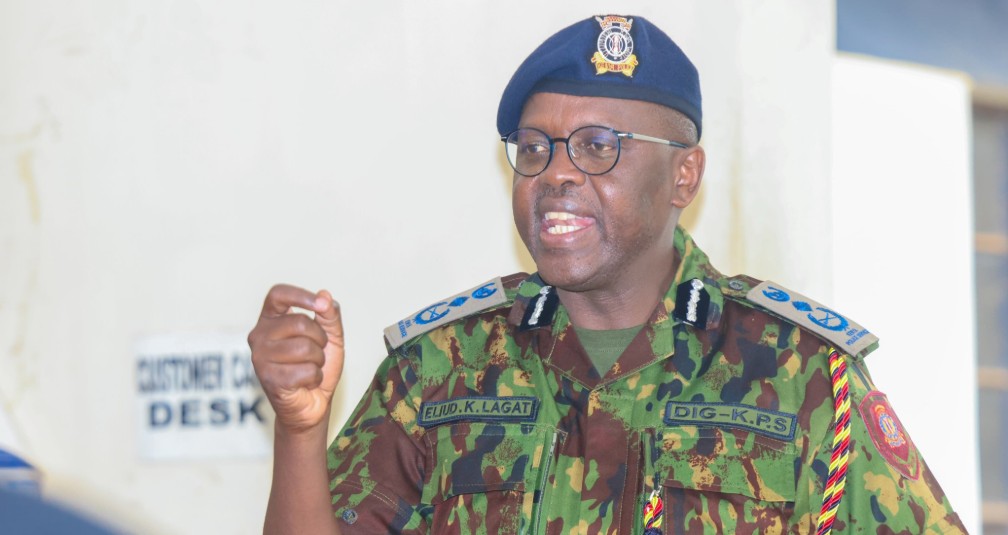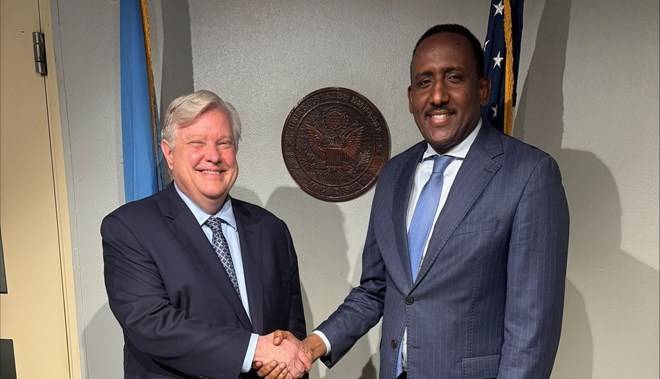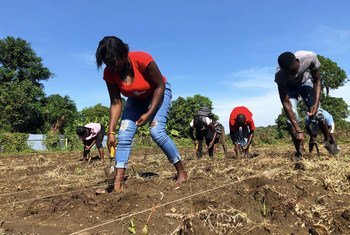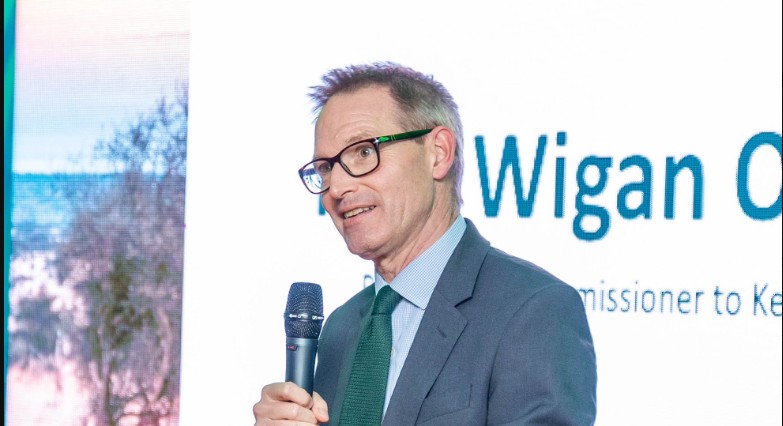Explainer: What you need to know about World Malaria Day 2025
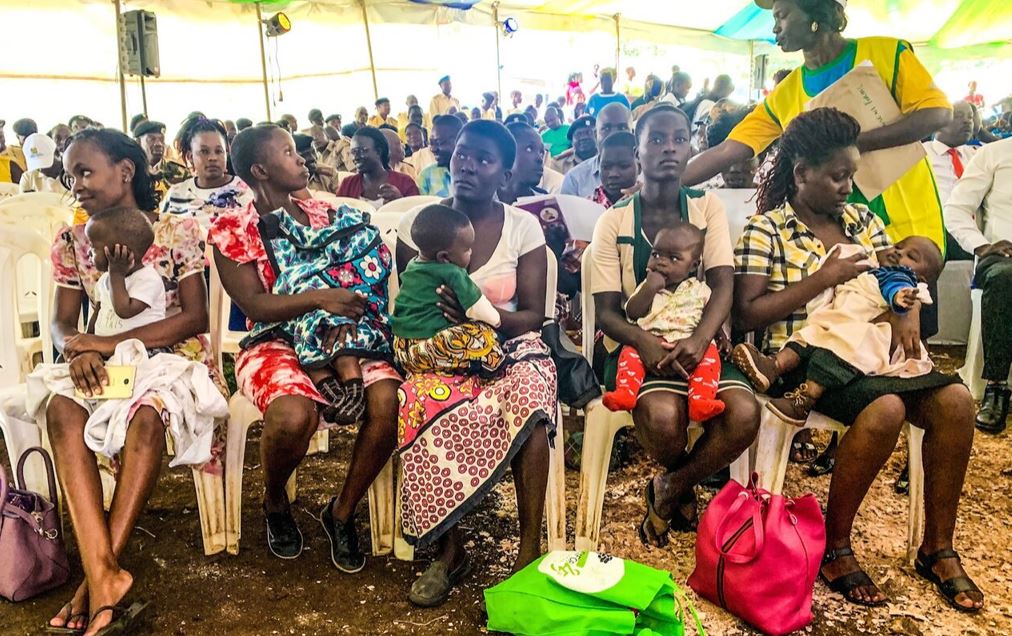
This year’s theme, “Malaria Ends With Us: Reinvest, Reimagine, Reignite,” speaks directly to the need for renewed energy and commitment from all sectors.
As the world commemorates World Malaria Day 2025 on Friday, the call to eliminate the disease has taken on fresh urgency, with global health leaders urging for greater investment, community action, and innovation in malaria control.
This year’s theme, “Malaria Ends With Us: Reinvest, Reimagine, Reignite,” speaks directly to the need for renewed energy and commitment from all sectors.
More To Read
- KEMRI study finds widely used antiparasitic drug cuts malaria transmission by 26 per cent
- Chikungunya and dengue cases surge as Aedes mosquitoes spread in Kenya
- First malaria drug for infants approved, to be rolled out in Africa within weeks
- Kenya’s war on HIV, TB and malaria faces setback as funding drops sharply
- Undocumented status, ID barriers hamper vaccine access for vulnerable mothers, children in Kenya
- Kenya receives 3 million BCG doses as Ministry of Health races to end vaccine shortage
The campaign, supported by the World Health Organisation (WHO), aims to inspire efforts across all levels, from governments and institutions to local communities, to speed up progress in the fight against malaria.
“Malaria Ends With Us: Reinvest, Reimagine, Reignite” is more than just a theme; it’s a call for urgent action, with a clear focus on increasing support and improving current strategies to better treat and prevent the disease.
The WHO warned that progress made over the years is now at risk.
“In the 1960s, malaria was retreating – until the world hit pause. Global eradication efforts were abandoned in 1969, and millions of lives were lost. It took 30 years for the world to fight back against the deadly disease. Let’s not let history repeat itself,” said the agency.
Since the late 1990s, the global community has made strides in tackling malaria, preventing about 2.2 billion cases and saving nearly 12.7 million lives.
But WHO now says the momentum has slowed. Malaria still claims one life every minute, with the highest number of deaths in the African region.
Public health risk
In Kenya, malaria continues to pose a serious public health risk, especially in areas like western Kenya, the Coast, Nyanza, and Lake Victoria regions.
The disease remains among the leading causes of death, particularly in low-income and rural communities.
According to WHO’s 2021 report, malaria ranked seventh in disease-related deaths among women in Kenya, with 21 deaths per 100,000 people, and eighth among men, with 23 per 100,000.
The burden remains high despite improvements in mosquito net use, insecticide spraying, and better access to diagnosis and treatment.
Experts warn that without timely treatment, malaria can quickly worsen, leading to severe complications or death.
The disease is caused by parasites transmitted to humans through bites from infected female Anopheles mosquitoes.
Once inside the body, the parasites multiply in the liver and then spread to the bloodstream, destroying red blood cells.
Common symptoms include fever, chills, fatigue, headaches, and body aches. In some cases, malaria leads to severe anaemia, especially in children and pregnant women.
To prevent malaria, health officials recommend using mosquito nets, wearing protective clothing, taking antimalarial drugs when travelling to high-risk areas, and eliminating mosquito breeding sites.
The Ministry of Health in Kenya has been at the forefront of the fight against the disease, working with partners such as the WHO and the Global Fund.
The country has rolled out awareness campaigns, updated treatment guidelines, and continued to expand the malaria vaccine programme.
However, challenges remain. Extreme weather events, economic stress, and conflict are making it harder for people in affected regions to access services for malaria prevention and treatment.
These disruptions have led to fears that progress could reverse if action is not taken soon.
“This is the time to recommit to ending malaria. We have the knowledge, life-saving tools and targeted prevention, testing and treatment methods to defeat this disease,” WHO said.
We must reinvest in proven interventions, reimagine our strategies to overcome current obstacles, and reignite our collective efforts together with countries and communities to accelerate progress towards ending malaria.”
Preventing the disease also requires improved infrastructure and stronger health systems.
Many experts stress that tackling malaria is not only about saving lives, but also about promoting fairness and stability.
World Malaria Day is a reminder that the disease can be beaten.
Top Stories Today
- CAF cuts Kasarani crowd to 27,000 after security chaos at Harambee Stars games
- UNICEF urges universal birth registration in Africa to protect children’s rights
- Kenya launches safety audits as 80 road crash deaths recorded in four days
- Britain’s envoy in Nairobi returns home without resolving contentious issues
- CHAN ticket sales suspended at Kasarani following security breach
- High Court postpones Paul Mackenzie's cult deaths trial amid fresh leads
